Can Breast Milk Prevent Food Allergies in Childhood?

Food allergies have grown more prevalent over the past decade. Scientists believe that further research is required to untangle and understand the factors that contribute to causing a food allergy. This could worry new mothers who are often troubled about triggering a food allergy in their infant while breastfeeding. Recent research, however, states that breast milk can prevent food allergies even until early childhood.
How Does Breast Milk Protect Against Food Allergies?
Data indicates that a particular pattern of complex sugars in the breast milk of humans is linked to a reduced rate of food allergies in babies. Human milk consists of complex sugars called Human Milk Oligosaccharides or HMOs. HMOs are the third most ample milk solid after lactose, in human milk.
Nevertheless, it is understood from research that these complex sugars help to prevent future allergies that may develop in childhood. Studies conducted on the gut microbe of breastfed babies showed how the HMOs worked to coach the immune system to reduce allergic reactions. The sugars, although not digestible by infants, act as a probiotic to aid in the development of gut flora or gut microbiota. These microflorae are the primary influencers of allergic diseases in humans. The amount and the composition of HMOs can vary between women, mainly depending on their demography, ethnicity, lactation stage, and gestational age.

A study conducted on 421 infants and milk samples showed that breastfed infants were likely at a lower risk of health conditions like asthma, wheezing, obesity, or infections. Sensitisation during early stages of infancy may not always continue during their late childhood but are reliable indicators of the future. A study, published by the journal Allergy, conducted skin prick test for infants and one-year-old children and presented that breastfed infants didn’t respond to food allergens.
These studies also revealed that it was not an individual HMO, but the overall composition of HMO that played a crucial role in sensitising the gut to allergic reactions. This is a clear indication that breast milk and food allergies are conversely related, and breast milk holds credibility for therapeutic interventions.

Breastfeeding your infant has immeasurable value. It provides initial immunity to your infant, increases bonding between mother and infant, and goes on to aid the prevention of food allergies in early childhood. It can be the single most important activity between mother and infant that will protect and nourish your baby.
Also Read: Soy Milk for Babies: Is It Safe?
Was This Article Helpful?
Parenting is a huge responsibility, for you as a caregiver, but also for us as a parenting content platform. We understand that and take our responsibility of creating credible content seriously. FirstCry Parenting articles are written and published only after extensive research using factually sound references to deliver quality content that is accurate, validated by experts, and completely reliable. To understand how we go about creating content that is credible, read our editorial policy here.








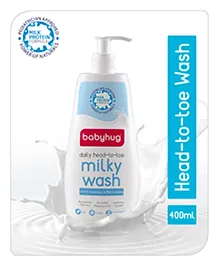
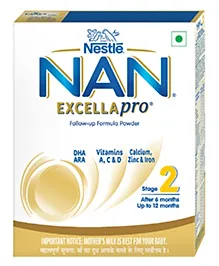
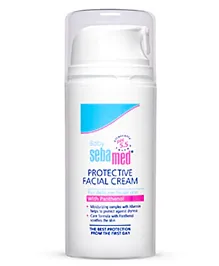
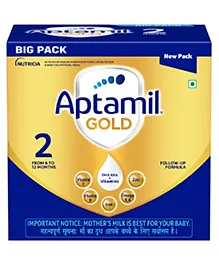
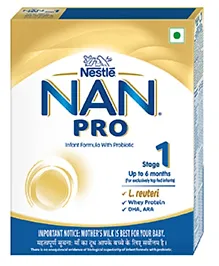
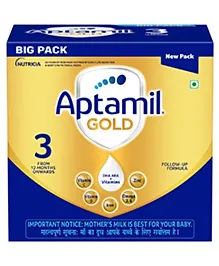
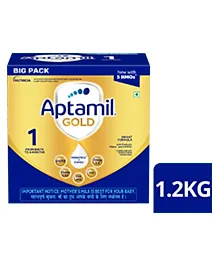
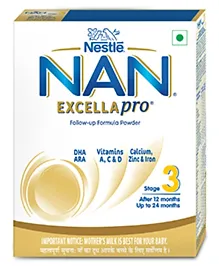

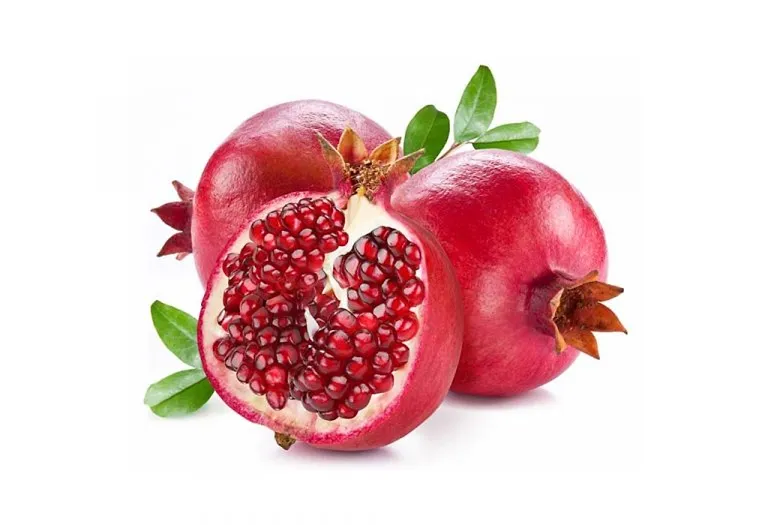





.svg)


















